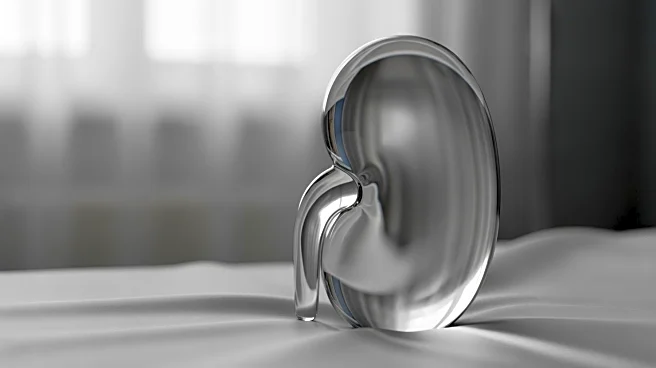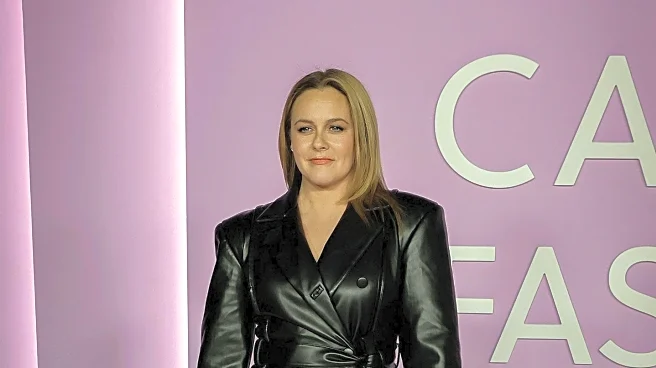What's Happening?
The Advertising Standards Authority (ASA) has banned several advertisements for LED face masks that made unauthorized claims about their ability to treat acne and rosacea. These devices, which have gained popularity as at-home beauty solutions, are required
to be registered with the Medicines and Healthcare products Regulatory Agency (MHRA) to make medical claims. However, the MHRA confirmed that no LED face masks are currently registered. The ASA's decision followed an AI-driven search for ads that might violate advertising rules. Companies like Project E Beauty LLC, Silk'n, and Luyors Retail Inc were among those affected, with claims about acne treatment being removed or amended to reflect personal testimonials rather than medical assertions.
Why It's Important?
This development highlights the ongoing scrutiny and regulation of beauty and skincare products, particularly those making medical claims without proper authorization. The ASA's actions underscore the importance of consumer protection and the need for companies to adhere to regulatory standards. For consumers, this serves as a reminder to critically evaluate product claims, especially in the rapidly growing at-home beauty device market. For businesses, it emphasizes the necessity of compliance with advertising regulations to avoid penalties and maintain consumer trust.
What's Next?
Companies affected by the ASA's decision will need to revise their advertising strategies to comply with regulatory standards. This may involve removing or altering claims that imply medical benefits without proper registration. The ASA's use of AI to monitor advertising suggests that similar enforcement actions could become more frequent, prompting other companies in the beauty industry to proactively review their marketing practices. Additionally, there may be increased pressure on regulatory bodies to ensure that emerging beauty technologies are adequately tested and registered before being marketed to consumers.
Beyond the Headlines
The ban on these advertisements also raises questions about the ethical implications of marketing beauty products with unverified claims. It highlights the potential for consumer misinformation and the ethical responsibility of companies to provide accurate information. Furthermore, it may lead to a broader discussion about the regulation of emerging beauty technologies and the role of digital platforms in disseminating product information.
















